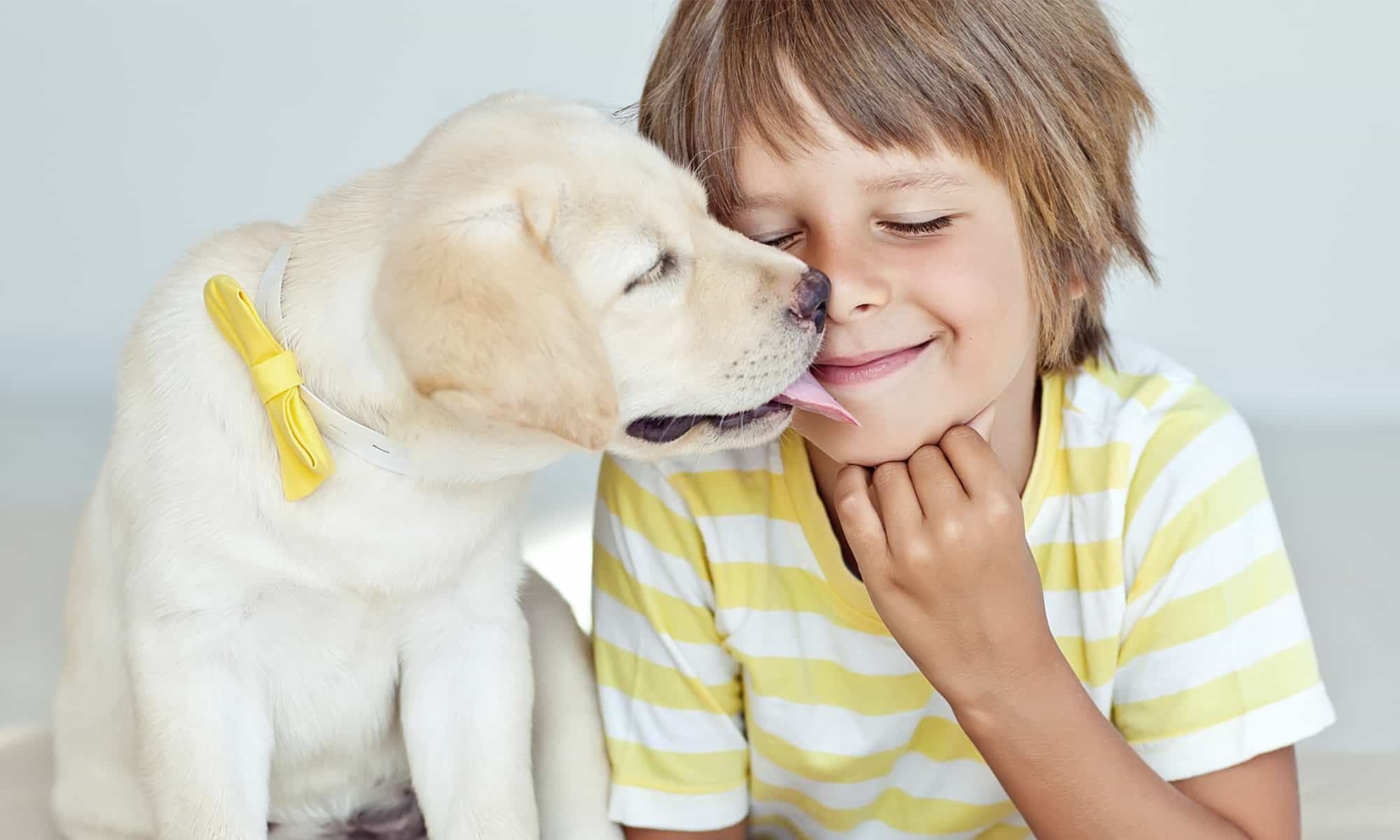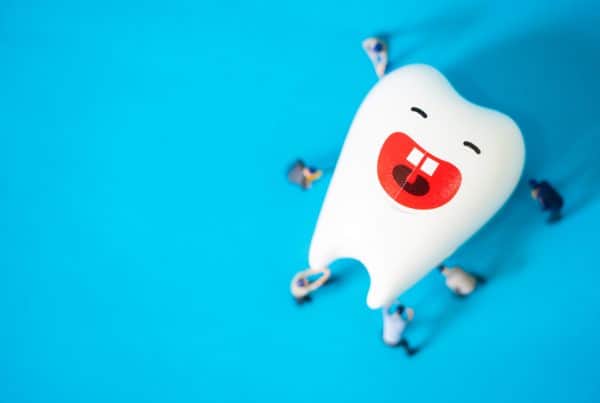So, your child has asked you for a pet. Pets can be a great way to teach responsibility and empathy, but they do come with a lifelong commitment. It’s very important that the decision to get a pet is taken seriously, no matter how small the animal.
Your pet will require time, cleaning, feeding, watering, shelter, stimulation and medical care long after your child may have grown bored of them. As they are sentient beings, we need to ensure that we’re offering them a safe and comfortable home for the rest of their life. The ideal first pet is clean, simple to care for, has some personality, and let’s be honest- reasonably short lived. For this reason pets such as turtles, and some fish or birds, which can live for thirty to one hundred years, are probably out. So, what is the ideal first pet(s)?
The Ideal First Pets
Guinea pigs
Guinea pigs are friendly, cute little critters and are full of personality. They are great for kids and make an ideal first pet, especially because they provide that tactile reward of petting something soft! Guinea pigs live for around five to eight years, and they require a large enclosure, and regular fresh timothy hay and green vegetables. They can run free on the lawn under supervision, but watch for birds and snakes as they make a pretty tasty snack for predators. You will generally need to clean out their cage once weekly. The main problems we see with guinea pigs are that they can be territorial. This can result in them occasionally harming one another. But, this can be discouraged by having plenty of space and purchasing pigs from the same litter.
Rats
Rats are intelligent, active, engaging, quite bonded pets, and can be a very underrated pet. They can be toilet trained using much the same techniques as for a dog.You can feed them a wide variety of foods but there are definitely some to avoid, such as blue cheese, green bananas, green potato skin, and anything with citrus in it. They need a very large cage with plenty of things to climb on and hide in. This cage will need to be cleaned once weekly. Rats should ideally should get plenty of contact and socialisation with people. As for guinea pigs, sometimes they can suffer inter-rat aggression. They can be a little prone to respiratory diseases. Rats generally live for one to two years.
Budgerigars
Budgerigars are from the parrot family and are beautiful, quite intelligent, fairly clean pets. In the wild, they form enormous social flocks that fly hundreds of kilometers. Keeping them alone in a small cage probably feels like solitary confinement to some – they need plenty of space, toys, puzzles, mirrors, space, and socialisation. They can live up to 10 years, and their cage needs to be cleaned regularly. They can be trained to step up onto fingers, sing, and perform other small tricks. Generally they are healthy pets but can pick up some diseases from wild birds on occasion.
Goldfish
Most of us have had a goldfish at some point in time. They are quite a hardy fish and fairly simple to care for. Surprisingly, they can be trained to perform tricks such as swimming through underwater hoops! Their water needs to be partially changed every week, and the main problem beginners have with them is overfeeding. Excessive feeding can lead to swim bladder issues. With appropriate feeding, regular water changes, and the occasional tank clean, they can live for ten to fifteen years.
Dogs
Dogs are probably the best overall family pet and ideal first pet, however they also come with the greatest commitment. They tend to be much more of a family member than just a pet. Dogs are also a great way to get your kids outdoors and socialising. There are many wonderful dog breeds out there, but probably the most family friendly breeds would be Staffordshire Bull Terriers (their energy tends to be able to exhaust even young children!), Labradors or Golden Retrievers. Or, if your children are quiet, Cavalier King Charles Spaniels. Some breeds, such as Maremmas, aren’t quite suited for family life, so be sure to do your research and meet the puppy and their parents prior to getting one. Dogs need walking, cleaning, training, socialisation, grooming, preventative care and vet care.
Cats
Cats can be good family pets, but some cats prefer their own space over spending time with children. If you’re getting a cat for your children, be sure to spend plenty of time getting your kids to meet different cats, and look for one that loves being petted and picked up by your children. Cats are generally very clean pets. If they are indoors they require regular litter changes and feeding, otherwise they are usually fairly independent. One major benefit of cats is that they tend to not be as demanding pets compared to dogs.
There are many great first pets out there, though if you feel that your child may not be quite ready for a pet, it’s okay to wait longer until you get one. There are many different ways of getting an ‘animal fix’ instead of getting a pet for yourself. You can go to the zoo, have a friend’s dogs come over, or visit your crazy cat friend’s home, for example.





